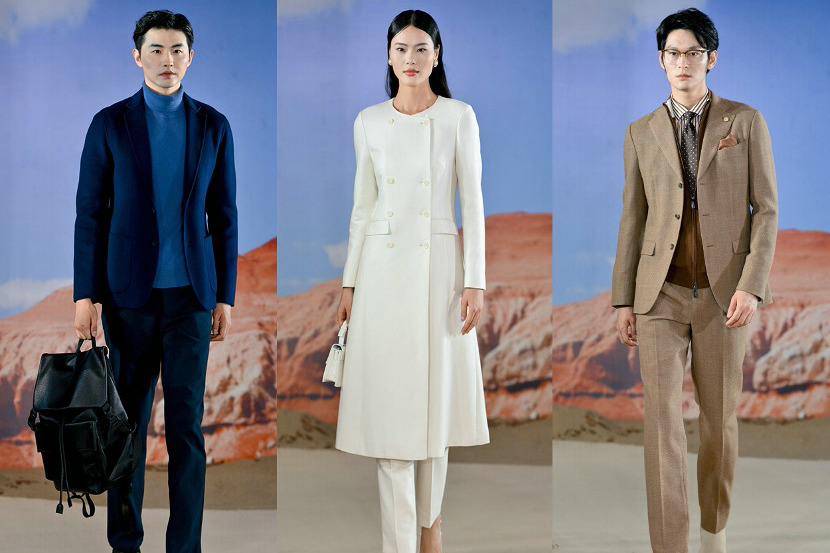Global youths empower AI for world peace
Young leaders from 38 countries collaborate to harness AI's power for building a peaceful, just, and inclusive global future.


Shaping tomorrow
Khun Sint Phoo Wai, a participant from Myanmar studying at Thailand's Rangsit University, was named "Ignite Talk Queen" during the event.
"If AI is to be involved in peace education, we humans have the responsibility to educate AI on what peace is first," she said. "'AI for Peace' advocates not a unified narrative on a global scale, but mutual inclusiveness, equality, and respect — combining universal principles with regional experiences."
Three participants from China, Mozambique, and Canada read out the "We Youth Common Agenda" on behalf of all contestants. The document was distilled from nearly 150 core viewpoints proposed in the preliminary round and refined through extensive discussions among the finalists.
"It reached a youth consensus on several dimensions, including how to empower AI for peace, how to address peace threats in the AI era, how to establish peace primarily through the UN, and the role of youth in AI's future governance," said Laura Dias Tapa Mafinda from Mozambique, a graduate student at the University of Chester in the UK.
During the event, participants also engaged in diverse exchanges, discussions, and field investigations, gaining firsthand experience of AI's role in contemporary social governance.
Since its launch in 2007, YICGG — jointly initiated by Fudan University and the UN Development Programme — has drawn more than 3,200 contestants from 110 countries and regions, who together have submitted nearly 1,200 governance proposals.




































